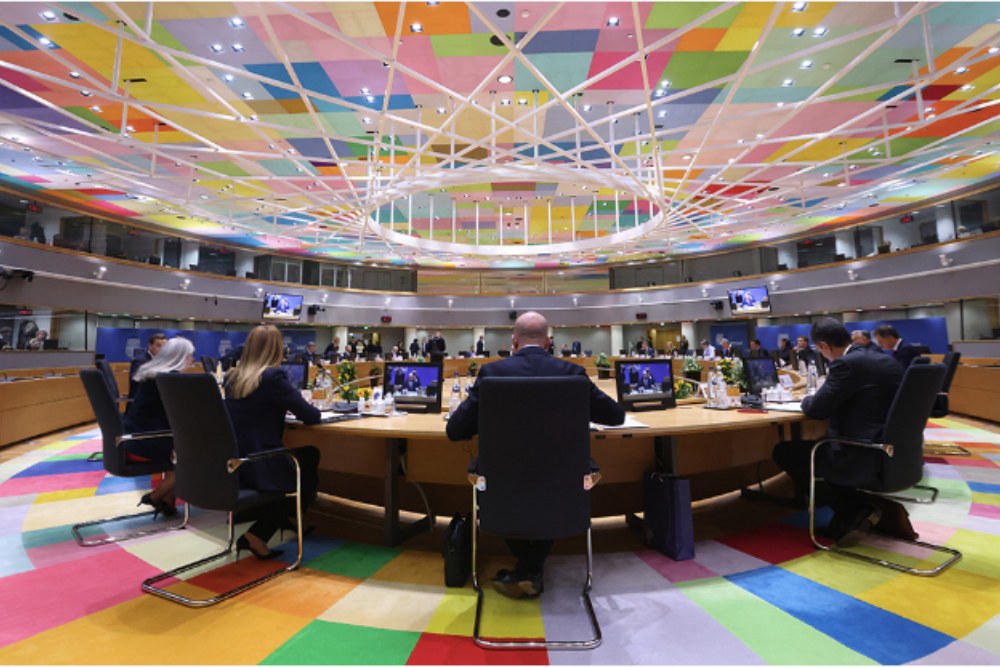Despite calls for more environmental taxes at the national, European and global levels, implementation has been very slow. In the EU, environmental taxes account for 5.9% of total taxes, less than the 6.6% almost 20 years ago.
The European Environment Agency (EEA) briefing ‘The role of environmental taxation in supporting sustainability transitions’ looks at recent trends in taxes related to pollution, resource use and greenhouse gas emissions. It also considers the potential of these taxes in raising revenues and supporting Europe’s sustainability ambitions.
Passer d’une fiscalité sur le travail à une taxation des activités qui nuisent à l’environnement ou au climat bénéficie depuis longtemps du soutien des économistes et des hommes politiques. Toutefois, comme pour l’élimination progressive des subventions nuisibles à l’environnement, des augmentations substantielles des recettes fiscales environnementales n’ont pour l’essentiel pas été réalisées, note l’AEE.
In the EU, revenues from environmental taxes were 330 billion EUR in 2019. The share of environmental taxes of total tax revenues declined from 6.6%, in 2002, to 5.9%, in 2019. The trend varies across Europe but, critically, the share declined in frontrunner countries implementing environmental taxes, such as Denmark, Norway, and Sweden, the EEA briefing notes.
The observed trends highlight the problem that effective environmental taxes end up eroding the tax base in the long term. Thus, the primary focus of environmental taxes needs to shift from revenue generation to support achieving environment and climate objectives, the EEA briefing concludes.












